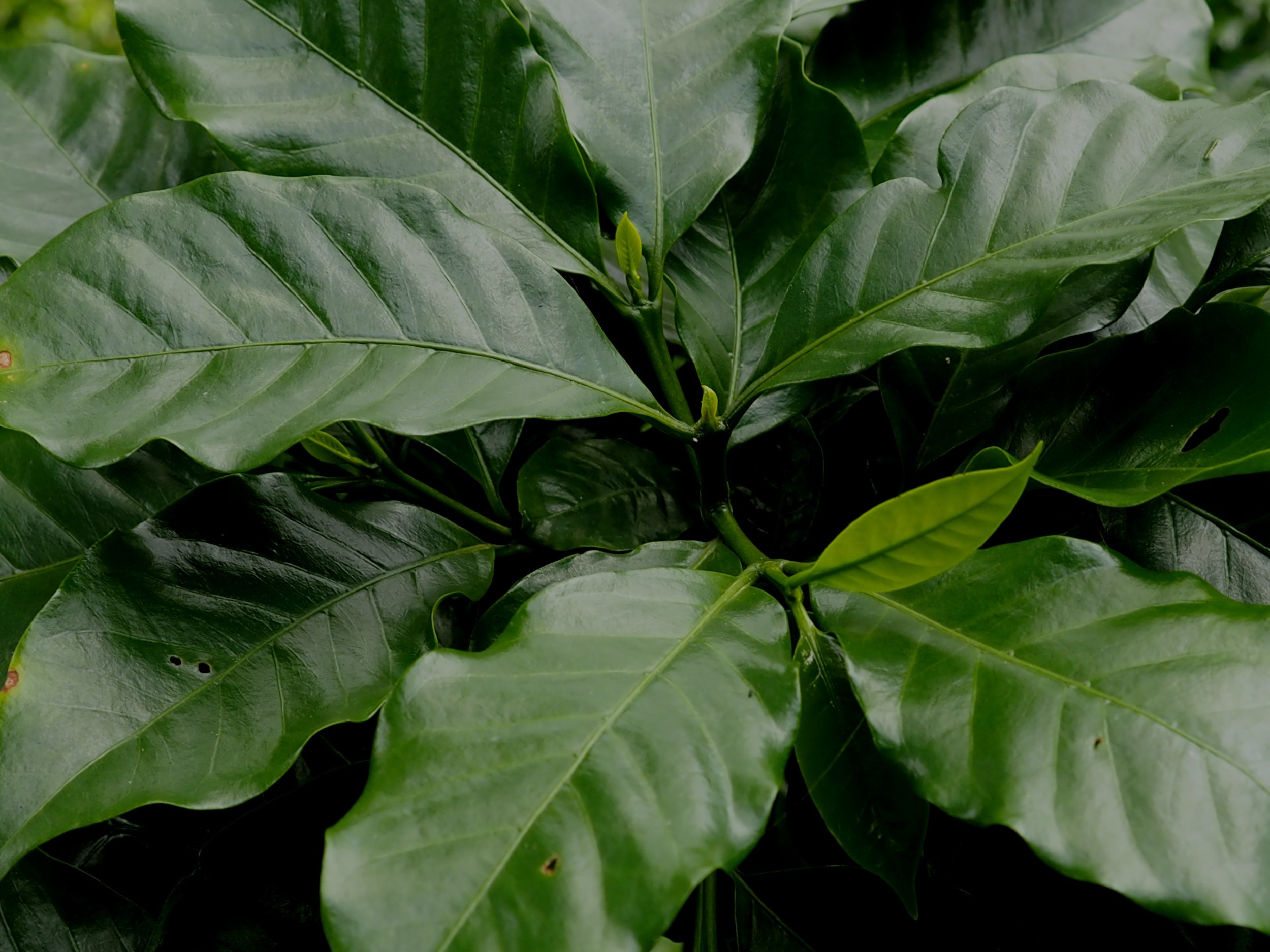Honduras Santa Elena Catracha Adalila Argueta Honey – 29595 – GrainPro Bags – SPOT RCWHSE
Position Spot
Bags 0
Warehouses Oakland
Flavor Profile Lemon, pear, green apple, brown suger, milk chocolate
Please Note This coffee landed more than 8 months ago.
Out of stock
About this coffee
Grower
Adalila Argueta | Finca El Naranjo
Altitude
1500 masl
Variety
Catuai and typica - 2500 plants 8 to 12 years
Soil
Clay minerals
Region
La Tejera, Santa Elena, La Paz, Honduras
Process
Honey process, depulped and fermented for 20 hours and then dried between 12-15 days on elevated tables
Harvest
December 2021 - March 2022
Certification
Conventional
Coffee Background
Adalila Argueta has a 2 acre farm called el Naranjo in the community of La Tejera where she lives. In prior years, Adalila has sold her family's coffee in cherry to the local middleman. For the last 2 year she has been working with Catracha Coffee. During this time she has improved farm management practices using lime to control the pH of the soil, fertilizing with organic compost, and spraying organic fungicides to control levels of leaf rust. These actions have improved the health of her farm and the quality of his coffee production. Adalila has also learned to process coffee using her own micro-mill so that she can depulp, ferment and dry coffee before delivering it to Catracha Coffee. Adalila follows a strict processing protocol, which includes hand sorting to remove under ripe cherries and floating cherries to remove damaged and less dense beans. She also allows cherries to ferment slightly in the cool night air on raised beds before depulping the next day. This year, Adalila fermented the depulped coffee for 24 hours in barrels with water and Kombucha scobies covering the top of the slurry. After fermenting, she placed the coffee on raised beds to dry in the sun with the mucilage still attached to the seeds. The processing strategy maintains the same clean crisp acidity as a washed coffee with an additional fruit forward aroma and flavor. The process also lets Adalila skip the washing stage and significantly reduce water consumption. Adalila’s farm has several different kinds of shade trees including Diphysa Americana (Guachipilin), Sweet Gum, (Liquidambar), and Inga (Guajiniquil). The farm also has a number of fruit bearing trees including several varieties of bananas, avocado, orange and mango trees.
Mayra Orellana-Powell founded Catracha Coffee Company to connect her coffee growing community with roasters. Ten years later, Catracha Coffee has gained momentum with more than 80 producers and 20 roasters working together on lasting relationships and a profit sharing model, which has consistently paid at least $2.00 per pound directly to producers. This extra income helps increase each producer’s capacity to reinvest in their farm, and overtime, increase their standard of living.
The sale of Catracha Coffee also creates income for a non-profit called Catracha Community (a 501(1)(c)(3) nonprofit), which invests in income diversification opportunities without taking resources from a farmer’s bottomline.
Catracha Community hosts weekly workshops for women and youth to learn craft making skills. Like the coffee, the focus is on quality. With the help of talented volunteers, the group has been able to make many beautiful things and sell them through our network of coffee friends. They even have a name for the group, Catracha Colectivo.
Catracha Community has also established an art residence and studio in Santa Elena to host artists from Honduras and around the world. These artists have been running art classes two days a week for over a year. Every week more than 30 children come and learn art. Art is starting to pop up everywhere around Santa Elena. There are more than 30 murals along the streets of Santa Elena, in peoples homes, and at many schools.



